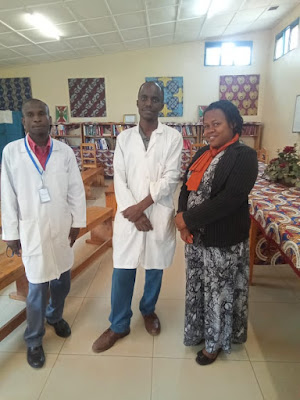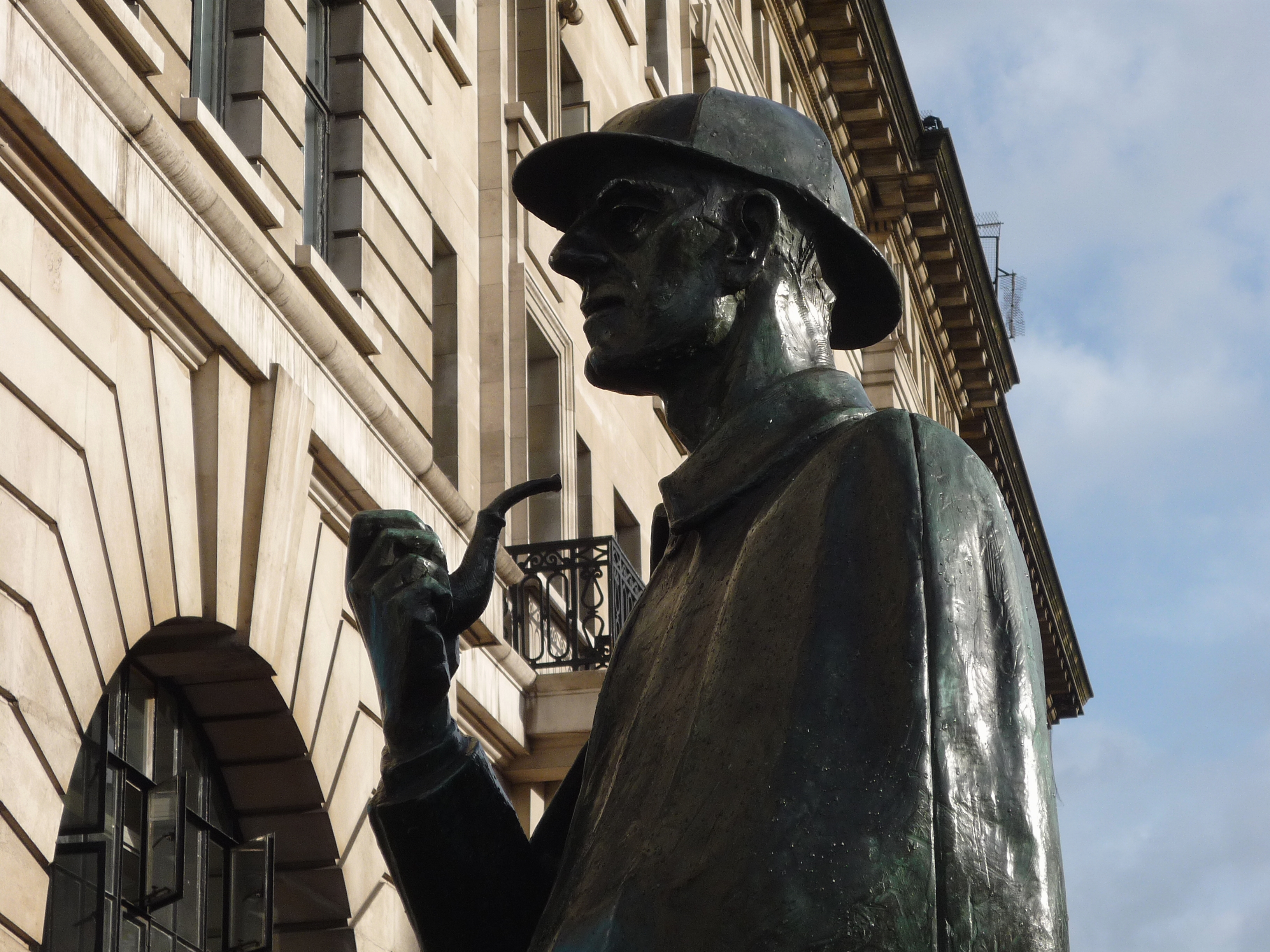(by Eric)
We beseech thee, give us that due sense of all thy mercies, that our hearts might be unfeignedly thankful. -Book of Common Prayer
(if you want to read the context, you can read
Luke 7:18-23)
 |
| Samuel van Hoogstraten (1627-1678) |
Lord, I feel like John in prison. He sent his followers to ask the question that burned inside him. Is the kingdom of God really coming? Is it really near? Because this world still seems so incredibly broken, so unredeemed, so worn and tattered and heading inexorably towards death, not life. Now that you've come, Jesus, are you really making all things new? Are you really reconciling all things to yourself? I can understand that I wouldn't see your final, perfected work right now, but this hardly feels like new creation at all. So, go and ask Jesus, "Are you really the one who was to come, or should we be waiting for someone or something else?" I know that I've felt, seen, and even proclaimed this myself in the past, but it's just terribly hard to believe right now.
So, his followers went and put the question to you. Your response is telling. In that hour, you healed sicknesses and handicaps. You chased out demons, and you told the messengers to go and tell John what they had seen:
The blind see. The lame walk. Lepers are cleansed. The deaf hear. The dead are raised up. The poor hear the good news. And blessed is the one who is not offended by me.
What did John think when he received that news? We don't know. It seems that you wanted him to notice that the signs of the kingdom of God were bursting into bloom all around you. It seems to be a way of saying, "No, John, you're not wrong. See the evidence that God's kingdom comes in my wake." I think that the reasons John was wondering in the first place was because he didn't see transformation on that larger scale that he expected, and likely in particular because of his own personal predicament of being imprisoned. I can understand his sentiment.
How did John receive the response of his followers? Did he understand? Was he encouraged? Did he have more peace and faith in the days that followed in his prison cell? Nothing ever really did change for him on a personal level. He never got out of prison. In fact, he was killed.
"John, have faith. Trust me. All things are not yet made new, but there are signs. There are in-breakings. There are first fruits, seals, down payments, promises of a bigger thing to come." Let the signs give their witness and hang in there. Can I do that?
The funny thing is that Kibuye, every day, is quite similar to Jesus' testimony. Here, because of God, blind people see, the lame walk, and people with terrible medical conditions (including the occasional leper) are healed. People that are all but dead are seemingly resurrected (the French call intensive care "reanimation"), and the poor hear and see the good news that God is near, offering life, both eternal and abundant, offering forgiveness, offering adoption into his family. It's easy to imagine someone coming to visit and having the type of encouragement that it seems Jesus is wanting to give John. "See the signs! It's real!"
But I see all the rest, as well. Emelyne is only 14, and she is so suddenly on the brink of dying. Emmanuel shouldn't have to die, and yet I fear he will this very day. Floribert and Pascal are the same. The lame man who had a terrible stroke is likely to remain lame just to go home and get bedsores and die. The blindness from meningitis is not getting better. Poor patients who suffer and die because they are poor in a poor country. Broken systems with decisions that impede even the little that we can do. Fractured relationships in families and friends. Misplaced hope and desire leading to depression. Broken connections to God, to ourselves, to each other, to our work, to the earth. Sin.
The "signs" don't feel like enough. The promise seems way too big for the signs to be adequately convincing.
Blessed is the one who is not offended by me. ...who doesn't lose faith because of me. ...who doesn't stumble on account of me.
Why did Jesus end his message with that? How does one get offended by this?
Sometimes we might say, "Look, what I'm about to say to you is hard. Please, don't get offended. Rather, hear me out. I know it's hard, but don't close your heart at the tough words. Hear me out. Don't lose faith. Don't fall. Hang in there."
I guess it's like that. Jesus is admitting that it's hard, but he gives us an admonition to persevere.
I keep coming back to Paul Miller's description that we live in the desert created by the distance between our hopes (or promises) and the reality in which we find ourselves. We can give up on the hope (and thus, despair). We can give up on the reality (and become delusional). Our we can dwell in the desert between the two, with one arm on each, feeling the tension pulling us apart at every moment. The good news according to the Bible is that God always seems to be showing up in the desert.
"Have patience, John. Trust. Let the signs encourage you, if they will. Maybe they won't. But the promises are true. Live in the desert for now. Do what you can where you are. The kingdom of God is coming. I am coming soon."












































